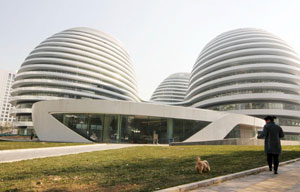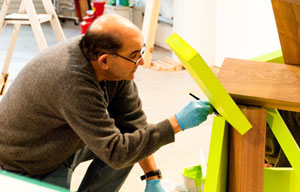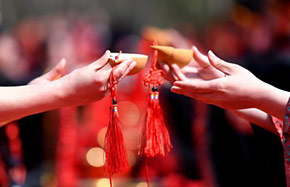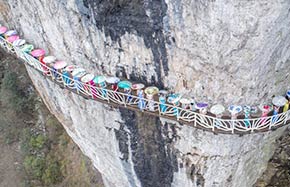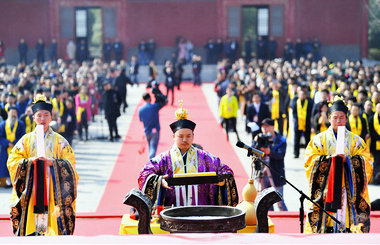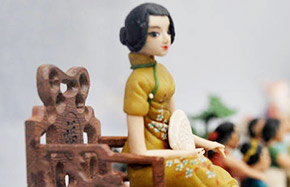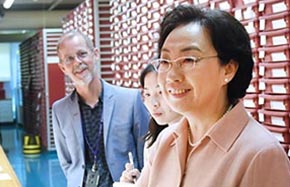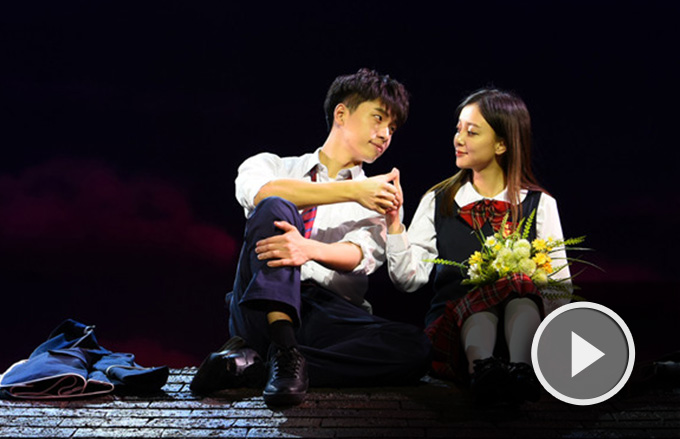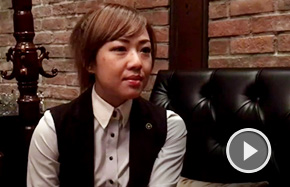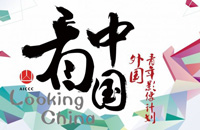Building while reflecting
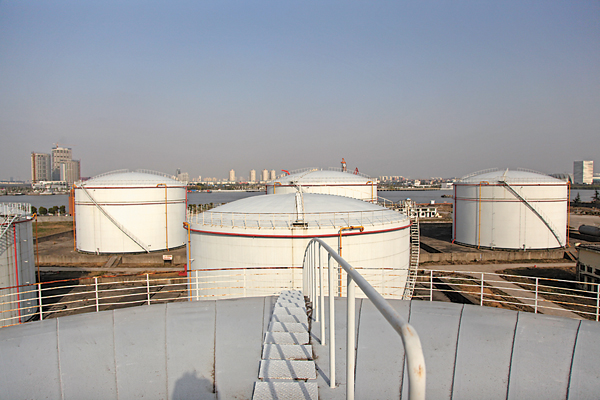 |
|
Oil tanks of the old cement plant are situated by the Huangpu River, facing the World Expo Park across the river. |
However, the West Bund did not make its blueprint public or seek the public's opinion, unlike, say, Hong Kong's West Kowloon Cultural District. But it does try to get their attention with various programs, for example, last year, when the government held the first West Bund Music Festival, or this year, when the event will continue to attract people.
The West Bund 2013 exhibition comes on Oct 19, alongside the Huangpu River under a gigantic gray dome, on the 6,000 square meters of a defunct cement plant. The 58-day biennale marks the beginning of a new life for the former industrial site and possibly many others as well.
The old cement plant will be converted into what is called a "cloud theater" - a new theater style that combines different artistic forms, such as film, music, architecture and literature.
There are 12 prominent architects from around the world who will use the inside and outside of the giant cement plant to experiment on 12 architectural forms. The theme of their work is intended to reflect Shanghai's history of urbanization and construction, and to interpret the present and imagine the future.
The biennale is expected to create China's biggest outdoor art gallery or, perhaps even the world's, for the 21st century. It will have art programs and public education activities such as lectures, dialogues, performances and workshops, all open to the public.
Gao Shiming, the head of the China Academy of Art's School of Intermedia Art and art curator of the biennale, explains, "That's why the West Bund Biennale is different from many others. It's not a two-month fixed exhibition. It has a series of successive culture events and will penetrate into the life of Shanghai's people."
In addition to being a part of the exhibition, the 12 works of architecture will play other roles, such as that of a restaurant or art gallery, or, in the words of Li Xiangning, a professor at Tongji University's College of Architecture and Urban Planning and a curator of the biennale, "We hope that ordinary citizens will take part in the games along with the architects and artists."
The curators will take some cues from the Venice Biennale and make touring the area more convenient, by providing bikes and electronic cars. And, according to the grand plan, there will be an archive and research center for avant-garde art added after the biennale, to attract artists, including those in experimental architecture, sound art, film art and avant-garde theater.
|
|
|




